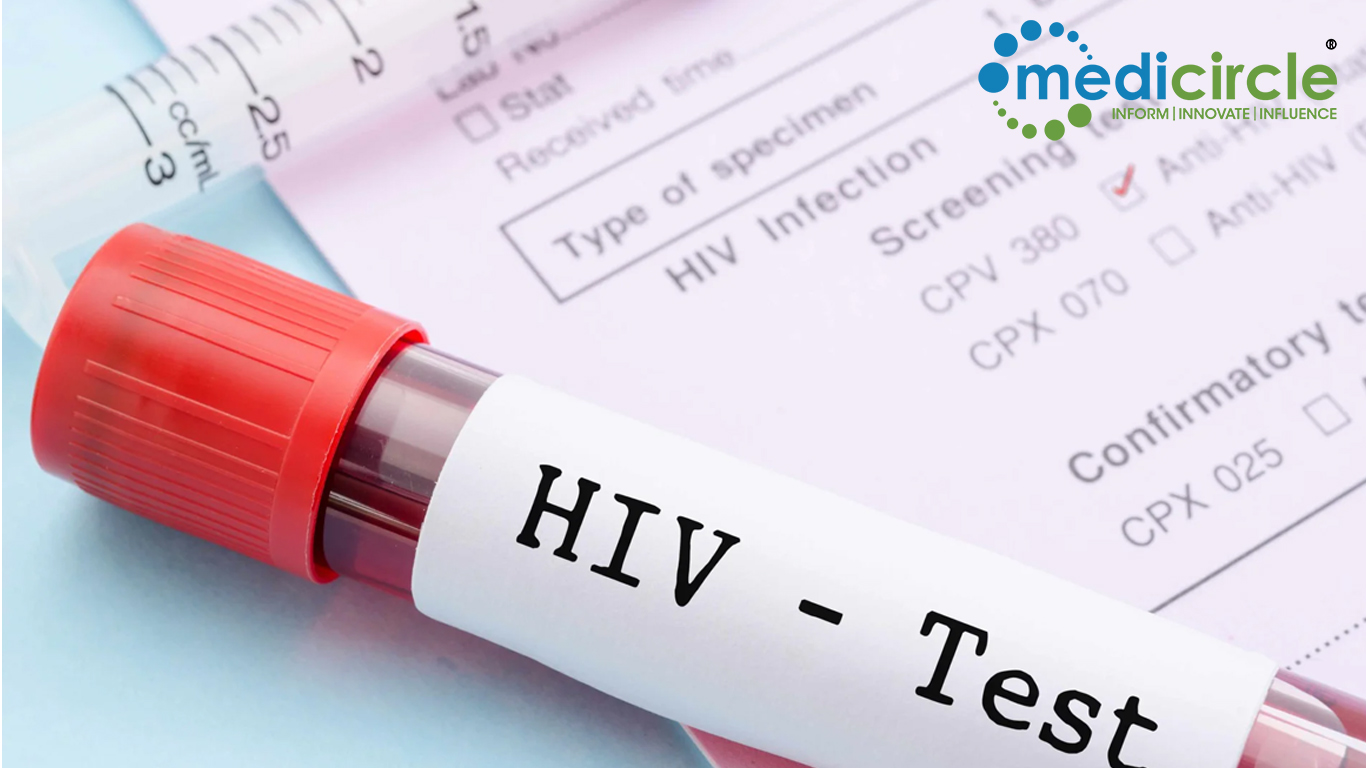The alarming rise in HIV cases among students in Tripura has become a pressing concern. Recent data from the Tripura State AIDS Control Society (TSACS) reveals that 828 students have tested HIV-positive, and tragically, 47 have lost their lives to this infection. This situation expose the critical need for increased awareness, preventive measures, and effective intervention strategies to combat the spread of HIV among young people.
According to a senior official from TSACS, 828 students have been registered as HIV-positive. Out of these, 572 students are still alive, while 47 have succumbed to the infection. Many of these students have moved out of Tripura for higher studies, spreading the challenge across various regions. The TSACS has identified students from 220 schools and 24 colleges and universities who are using injectable drugs, a significant factor contributing to the rise in HIV cases.
The situation is concerning, with five to seven new HIV cases being detected daily. This statistic highlights the urgent need for robust intervention and preventive measures. The Joint Director of TSACS presented these alarming statistics during a media workshop organized in collaboration with the Tripura Journalist Union and Web Media Forum.
One of the primary causes attributed to the spike in HIV cases is intravenous drug abuse. Most affected students come from affluent families, which may inadvertently facilitate them with drug use. By the time the problem is recognized, it is often too late to prevent the onset of HIV.
As of May 2024, TSACS has registered 8,729 people in Antiretroviral Therapy (ART) centers. Out of these, 5,674 individuals are currently living with HIV, including 4,570 males, 1,103 females, and one transgender person. This data, collected from 164 health facilities across the state, reflects the widespread nature of the epidemic.
The rise in HIV cases among students is not just a health crisis but a social one as well. It affects families, communities, and the educational environment. Students addicted to drugs often face stigma, which can hinder their access to necessary medical care and support. The emotional and financial strain on families is immense, further complicating efforts to manage the crisis.
Awareness and education are crucial in preventing the spread of HIV. Schools, colleges, and universities need to implement comprehensive education programs about the risks of drug abuse and HIV. These programs should focus on safe practices, the importance of regular testing, and the availability of treatment options. Parents also need to be educated about the signs of drug abuse and the importance of early intervention.
The government and community organizations must work together to address this crisis. Increased funding for HIV prevention and treatment programs, the establishment of more ART centers, and the implementation of harm reduction strategies, such as needle exchange programs, are essential. Community support groups can provide a platform for affected individuals and their families to share their experiences and receive emotional support.
To tackle the HIV epidemic among students in Tripura, a multi-faceted approach is needed. This includes:
1. Enhanced Surveillance and Data Collection: Accurate data collection is essential for understanding the scope of the epidemic and for planning effective interventions.
2. Comprehensive Education Programs: Schools and colleges must implement robust education programs that cover the risks of drug abuse and the importance of HIV prevention.
3. Accessible Testing and Treatment: Increasing the number of ART centers and ensuring that testing and treatment are easily accessible to all students is critical.
4. Community Engagement: Engaging community leaders and organizations in the fight against HIV can help reduce stigma and provide support to affected individuals.
5. Parental Involvement: Parents need to be aware of the risks of drug abuse and HIV, and they should be involved in prevention efforts.
The rise in HIV cases among students in Tripura is a significant public health concern that requires immediate and sustained action. By raising awareness, enhancing education, and improving access to testing and treatment, we can work towards reducing the incidence of HIV and providing better support for those affected. It is crucial for the government, educational institutions, community organizations, and families to come together in this fight against HIV to protect the health and future of Tripura's youth.

 The rise in HIV cases among students is not just a health crisis but a social one as well. It affects families, communities, and the educational environment.
The rise in HIV cases among students is not just a health crisis but a social one as well. It affects families, communities, and the educational environment.










.jpeg)

.jpg)


















.jpg)